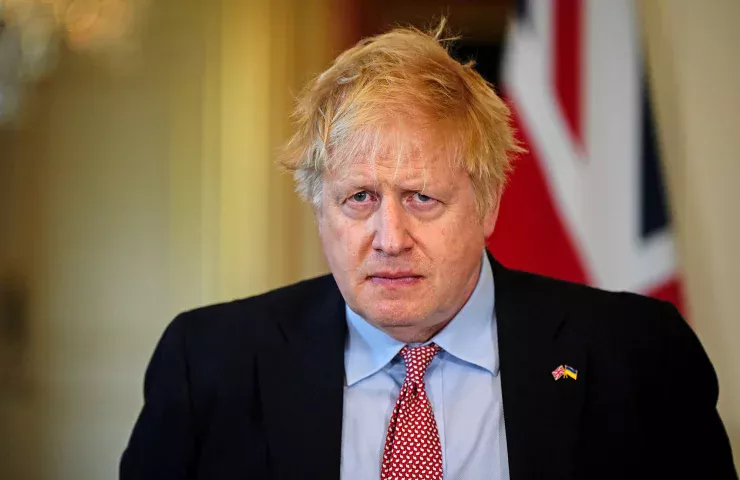Boris Johnson is expected this week to expand safeguards and impose additional duties on steel imports to protect jobs in the UK, though the move could violate international law.
Last week, the Prime Minister announced tentative plans to extend existing steel tariffs - mainly to developed countries and China - for another two years, with a final decision expected before some of them expire on Thursday.
He also intends to expand restrictions on imports to other, mainly developing countries, to prevent the diversion of steel imports from other markets.
UK import duties currently apply to 15 grades of steel; 10 of them are valid until June 2024, but five expire this Thursday.
In a statement last week, the Department of International Trade outlined plans, due to be confirmed by Thursday, to extend tariffs on those five categories for another two years.
The British steel industry welcomed the statement made by the Department of Trade last week, praising the "determination and purpose" of ministers.
“Government intervention will prevent the expected surge in imports from trade diverted from the US and EU markets, which will remain sheltered for years to come,” said Gareth Stace, CEO of trading organization UK Steel. “Such spikes would jeopardize jobs, investment and our ability to move to net zero.”
However, steel consumers believe the planned move is likely to keep the price of steel higher than it would otherwise be.
The Confederation of British Metalworkers said more than 200 of its members were "severely affected" by the tariffs, arguing that domestic manufacturers were "ill-equipped" to meet demand.
The Confederation said subcontractors in industries such as automotive, aerospace and engineering have faced "unnecessary pain, financial loss and supply chain disruption" due to import tariffs.
Another potential concern is that some countries such as Turkey, India and South Korea could retaliate by imposing tariffs on UK exports such as cars or whiskey. Brazil and China are among the countries that have questioned the legality of the UK extension.
One of the challenges for the government is that its own newly created independent Trade Remedies Authority (TRA) has criticized some of the tariffs. Last summer, TRA found that there was no evidence to justify further action on certain categories of steel.
Lise Truss, then Secretary of International Trade, was only allowed to fully accept or reject the body's recommendations. Instead, she passed emergency legislation to change that proposal.
But the government admits it could run into trouble at the World Trade Organization.
Lord Christopher Geidt, who retired this month, said it would be wrong to classify the reason for his resignation as a "technical" concern over steel tariffs. Instead, he said he was placed in an "odious position" because the move would be a "deliberate and purposeful violation" of international law.
Heidt criticized the government's "highly publicized openness" to wrongdoing on other fronts and said the plan to challenge the WTO on steel was "just one example of what could constitute a deliberate violation by the UK of its obligations under international law" .




